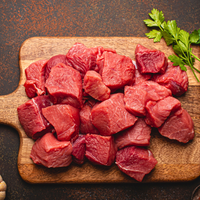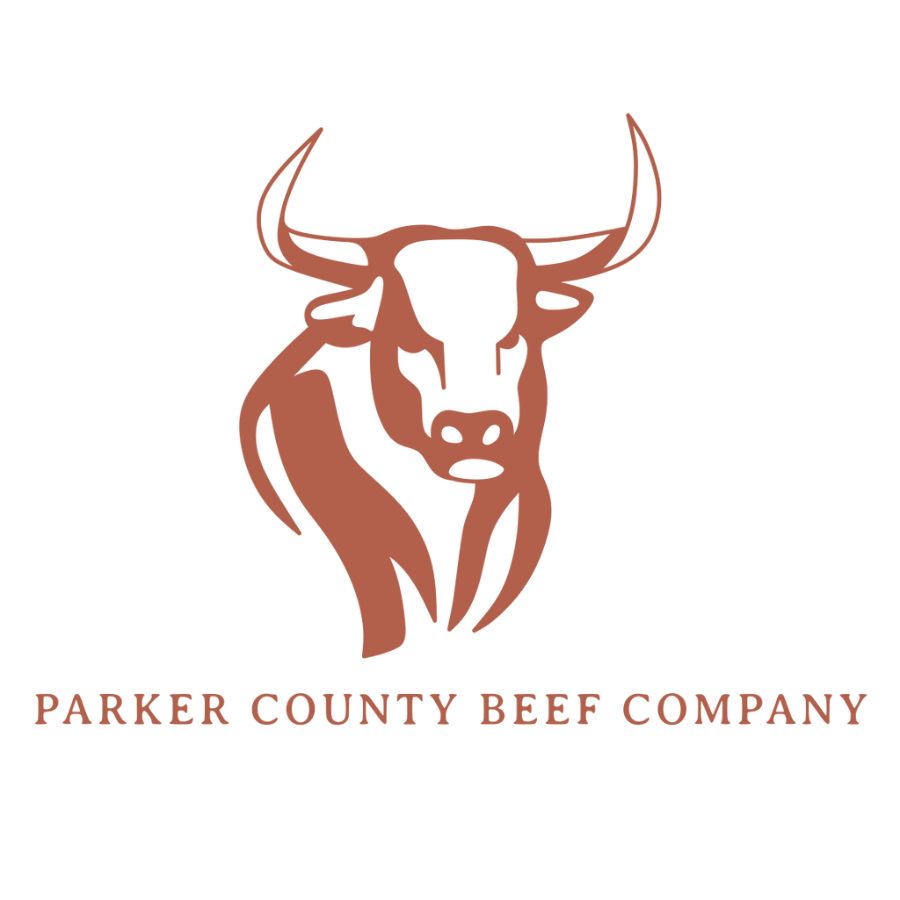When you pick up a package of meat at the grocery store or order premium beef from a local farm, you might notice a handful of terms and logos printed on the label. But what do they really mean? At Parker County Beef Company, we believe in full transparency—and today, we’re pulling back the curtain on how meat is labeled and what that means for your family’s dinner table.
The Layers of Meat Inspection: Custom-Exempt vs. State vs. USDA
Not all meat is created—or labeled—equally. There are three main tiers of inspection that determine what can go on a meat label:
-
Custom-Exempt Processing
This is the most basic level of processing, typically used for private meat orders. If a farmer brings in an animal and takes the meat home for personal use, it’s labeled “Not For Sale.” It’s legal and regulated, but it’s not for resale in stores.
-
State-Inspected Processing
Governed by state agencies like the Texas Department of Health Services, these products follow the same rules as federal inspection but are only approved for sale within the state.
-
USDA-Inspected Processing
This is the gold standard. Meat inspected and passed by the USDA can be sold across state lines and must follow strict labeling and food safety regulations. These labels include the iconic USDA inspection stamp, commonly called “the bug.”
The 5 Things Every Meat Label Must Have
Whether you’re buying ground beef, steak, or poultry, USDA-approved labels must include:
-
Product name (e.g., Ground Beef)
-
Net weight statement
-
Establishment number
-
Safe handling instructions
-
USDA inspection stamp (the “bug”)
Special Claims Need Special Approval
Labels like “100% Grass-Fed,” “Grass-Finished,” or even animal breed claims like “Wagyu” or “Longhorn” require extra documentation. The USDA’s Label Submission and Approval System (LSAS) governs these claims to ensure they’re honest and accurate.
For example, our Pure Pasture 100% Grass-Fed Grass-Finished Longhorn Ground Beef underwent full LSAS review. We submitted:
-
Breeding records
-
Diet and raising documentation
-
Proof of segregation protocols to avoid cross-contamination
This ensures that what we say on the label is exactly what’s inside the package.
How We Protect Label Integrity at Parker County Beef Company
Producing a trustworthy label is only part of the process. Maintaining it requires diligence every day. We:
-
Segregate production for specialty items
-
Sanitize equipment before switching products
-
Track documentation from ranch to packaging
All this so that when we say it’s “grass-fed,” you know it truly is.
Why It Matters for You
As a consumer, understanding labels helps you make informed, confident decisions. Now that you know what to look for—whether it’s that USDA “bug” or the term “grass-finished”—you can trust what you’re putting on your plate.
At Parker County Beef Company, we don’t just raise great beef. We raise the standard.
🔗 Explore our beef and learn more at www.ParkerCountyBeefCompany.com















